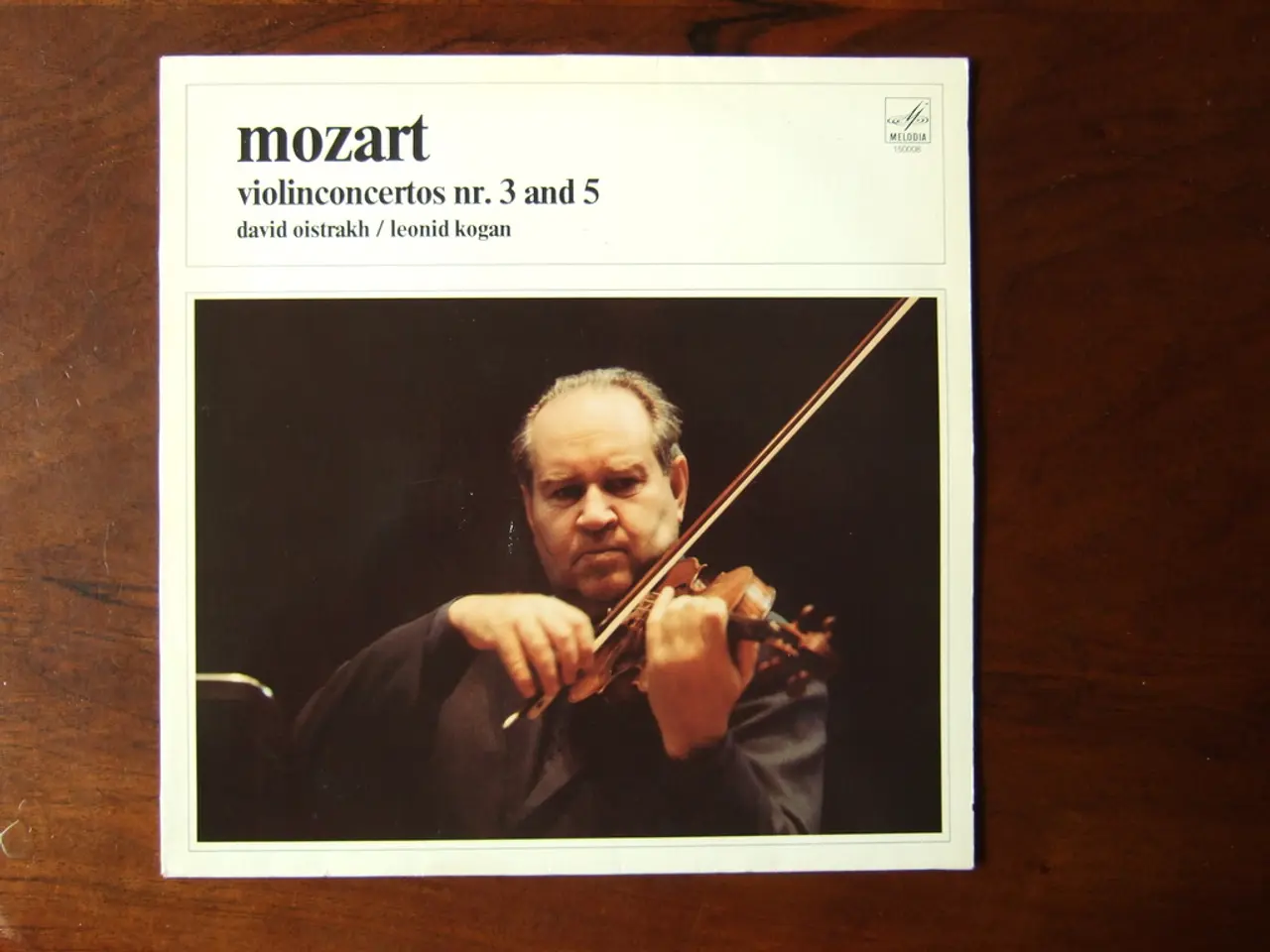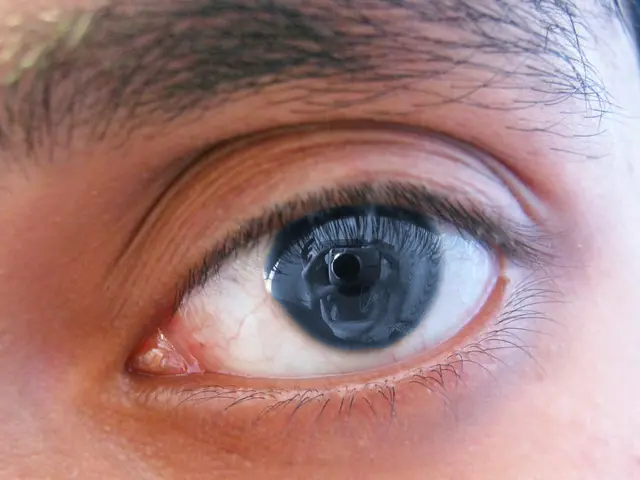Musician Haunted by Superstition of Number 13, Passes Away on Unlucky Friday the 13th
In the realm of classical music, few composers have left an indelible mark like American-Austrian composer Arnold Schoenberg. Today, as we commemorate Friday, September 13, 2024, we delve into a lesser-known aspect of Schoenberg's life - his lifelong phobia of the number 13, known as triskaidekaphobia.
For centuries, the number 13 has been considered unlucky. In Christianity, Judas Iscariot, the disciple who betrayed Jesus, was the thirteenth diner at the Last Supper. This association has contributed to the superstition surrounding the number 13, a superstition that has been around since the first half of the 19th century.
Schoenberg, a music theorist, teacher, writer, and painter, was no stranger to this superstition. On Friday, July 13, 1951, his fear of the number 13 was realised. That day, Schoenberg, widely considered one of the most influential and respected classical composers of the 21st century, passed away at the age of 76.
Interestingly, Schoenberg deliberately misspelt his opera, Moses und Aron, to avoid the number 13. The opera's title, when translated, would have contained the number 13 if spelt conventionally.
However, the article does not provide specific details about why Schoenberg found Friday the 13th more stressful than most. What we do know is that Schoenberg spent his last day in bed, feeling unbearably anxious and believing the worst was about to happen. His wife, Gertrud, recalled that Schoenberg's throat rattled twice and his heart gave a powerful beat before he died.
In contrast, modern-day superstitions surrounding Friday the 13th are more lighthearted. Many people choose to hide indoors on this day to avoid bad luck, while some restaurants refuse to have a 'table 13'. Even in the skies, you won't see a 13th row on Ryanair and Lufthansa flights.
It's worth noting that other classical composers alive during Schoenberg's time were not documented to have been affected by triskaidekaphobia. Composers like Wilhelm Georg Berger, Claude Debussy, and Maurice Ravel, although influential in their own right, did not seem to share Schoenberg's fear of the number 13.
Triskaidekaphobia is linked to the number 12 being a number of perfection, as there are 12 months in a year, 12 hours on a clock, and 12 zodiac signs. Perhaps Schoenberg's fear of the number 13 was a deviation from this perceived perfection, a reminder of the imperfections and uncertainties that life often presents.
Today, as we reflect on Schoenberg's life and his fear of the number 13, we are reminded of the power of superstition and the impact it can have on individuals. Yet, we also celebrate Schoenberg's contributions to music, a testament to his resilience despite his fears. His work continues to inspire musicians worldwide, proving that even in the face of adversity, creativity and innovation can flourish.








